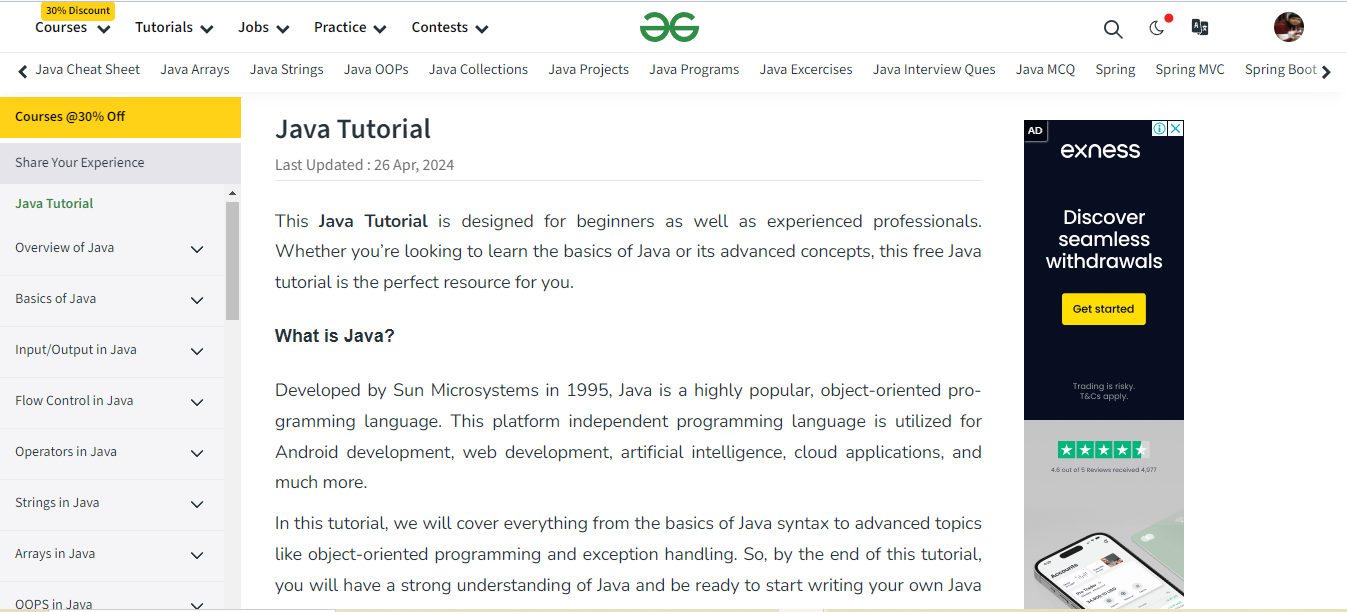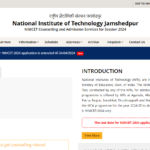Java Core Concepts:
- Object-Oriented Programming (OOP): Java is fundamentally an object-oriented programming language, meaning it emphasizes the use of classes and objects to model real-world entities and interactions. OOP principles include encapsulation, inheritance, polymorphism, and abstraction.
- Classes and Objects: Classes serve as blueprints for creating objects. They encapsulate data (attributes) and behavior (methods) relevant to a particular entity. Objects are instances of classes, representing specific instances of those entities.
- Inheritance: Inheritance allows a class (subclass) to inherit properties and behaviors from another class (superclass). This promotes code reuse and facilitates the creation of hierarchical relationships among classes.
- Polymorphism: Polymorphism allows objects of different classes to be treated as objects of a common superclass. This can be achieved through method overriding (runtime polymorphism) or method overloading (compile-time polymorphism), enabling flexible and dynamic behavior.
- Abstraction: Abstraction involves hiding the implementation details of a class and exposing only essential features through interfaces or abstract classes. This simplifies complex systems by focusing on relevant characteristics while hiding unnecessary complexity.
- Encapsulation: Encapsulation involves bundling data (attributes) and methods that operate on that data within a single unit (class). This restricts direct access to the data, ensuring data integrity and promoting modularity and reusability.
- Java Virtual Machine (JVM): Java programs are compiled into bytecode, which is executed by the Java Virtual Machine (JVM). The JVM abstracts hardware and operating system differences, enabling Java programs to run on any platform that has a compatible JVM implementation.
- Platform Independence: Java’s “Write Once, Run Anywhere” (WORA) principle is enabled by its platform independence. Since Java programs are compiled into bytecode, they can run on any device or operating system with a JVM, without requiring recompilation.
- Garbage Collection: Java features automatic memory management through garbage collection. The JVM automatically deallocates memory occupied by objects that are no longer referenced, preventing memory leaks and simplifying memory management for developers.
- Exception Handling: Java provides robust mechanisms for handling exceptions, which are unexpected events that occur during program execution. By using try-catch blocks, developers can gracefully handle errors and ensure program stability.
- Multithreading: Java supports concurrent programming through multithreading, allowing multiple threads of execution to run concurrently within a single program. This enables developers to create responsive and efficient applications by leveraging parallelism.
- Collections Framework: Java provides a comprehensive Collections Framework, which includes interfaces and classes for storing, managing, and manipulating collections of objects. This framework offers a wide range of data structures, such as lists, sets, maps, and queues, to suit various programming needs.
- Java API (Application Programming Interface): Java comes with an extensive standard library known as the Java API. This library provides classes and interfaces for performing common tasks, such as I/O operations, networking, database access, GUI development, and more, saving developers time and effort.
These core concepts form the foundation of Java programming and are essential for understanding and effectively developing Java applications
click on below link for download and open the pdf



